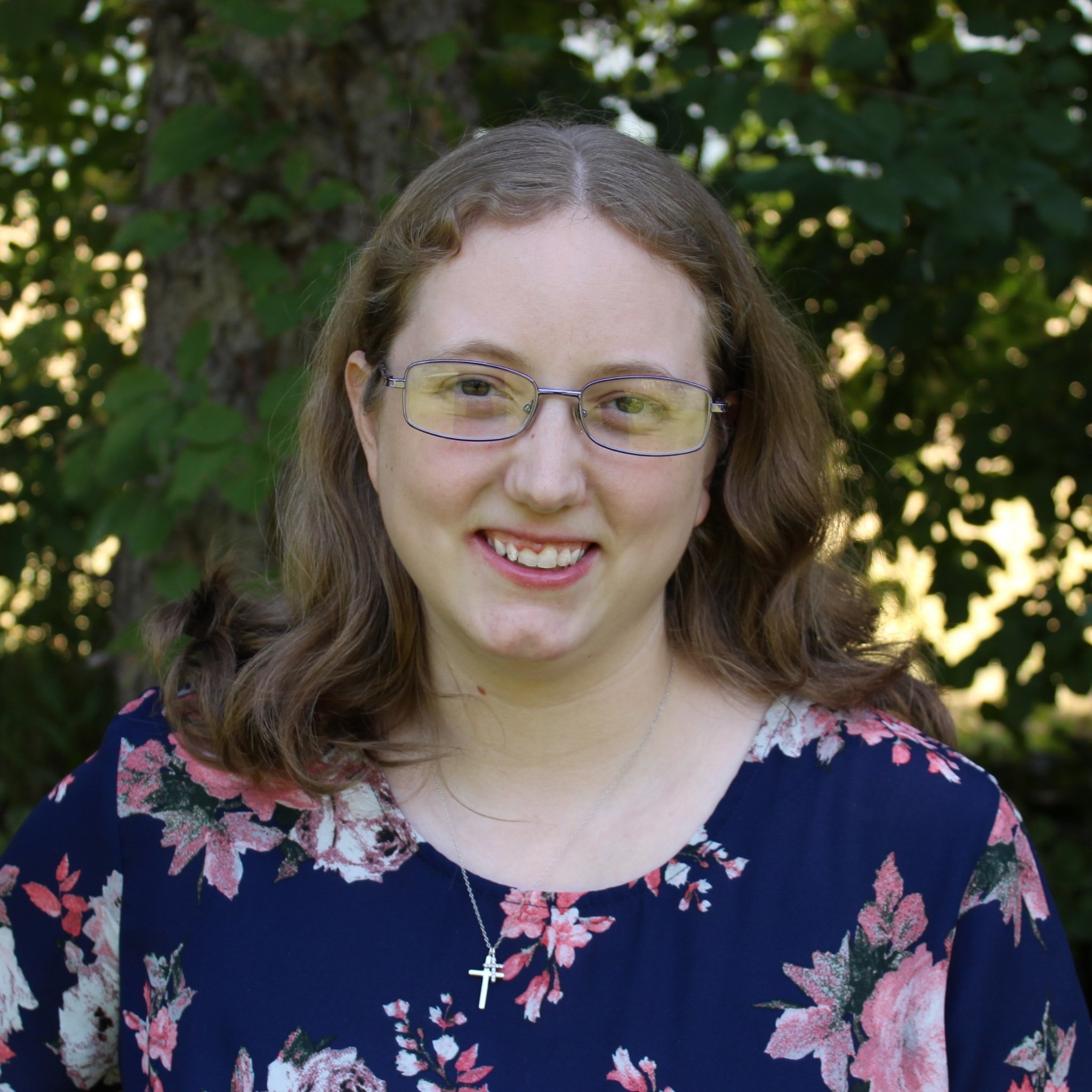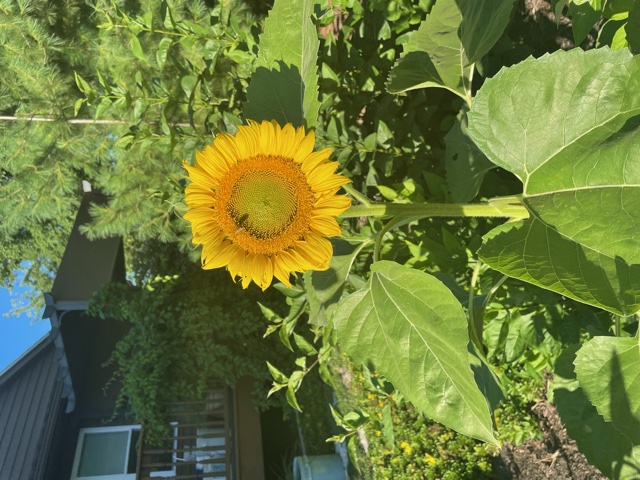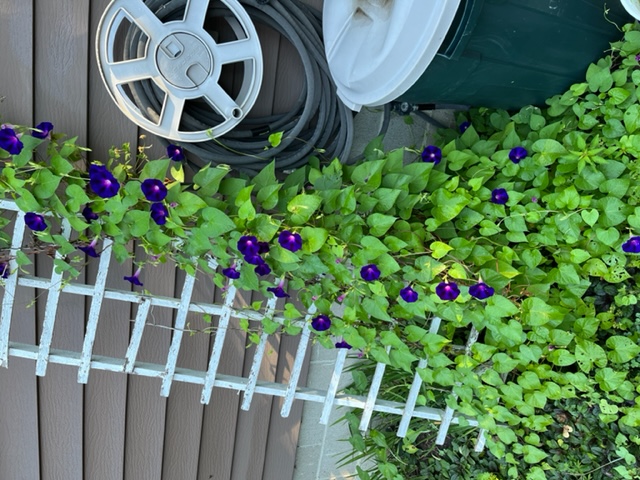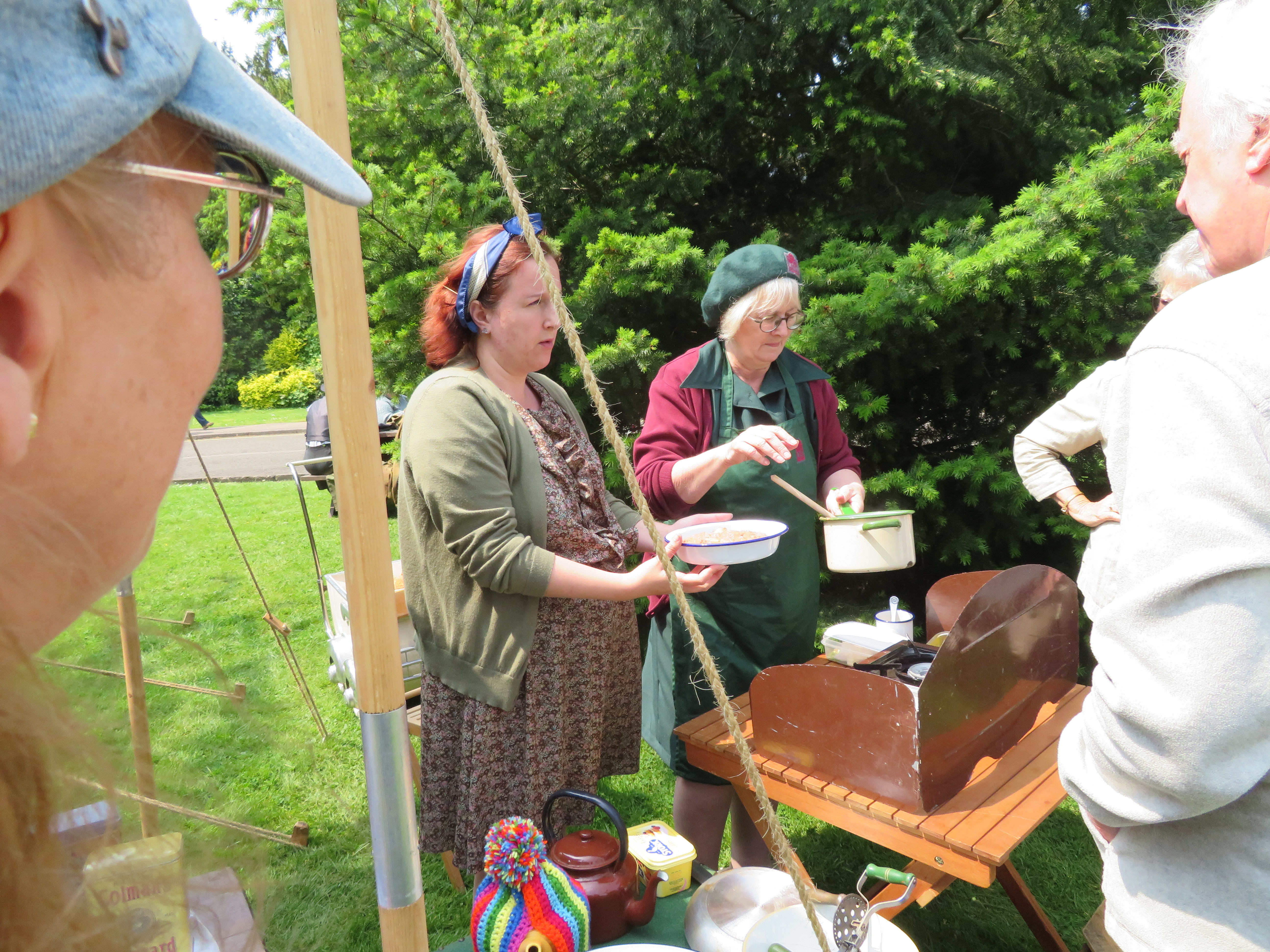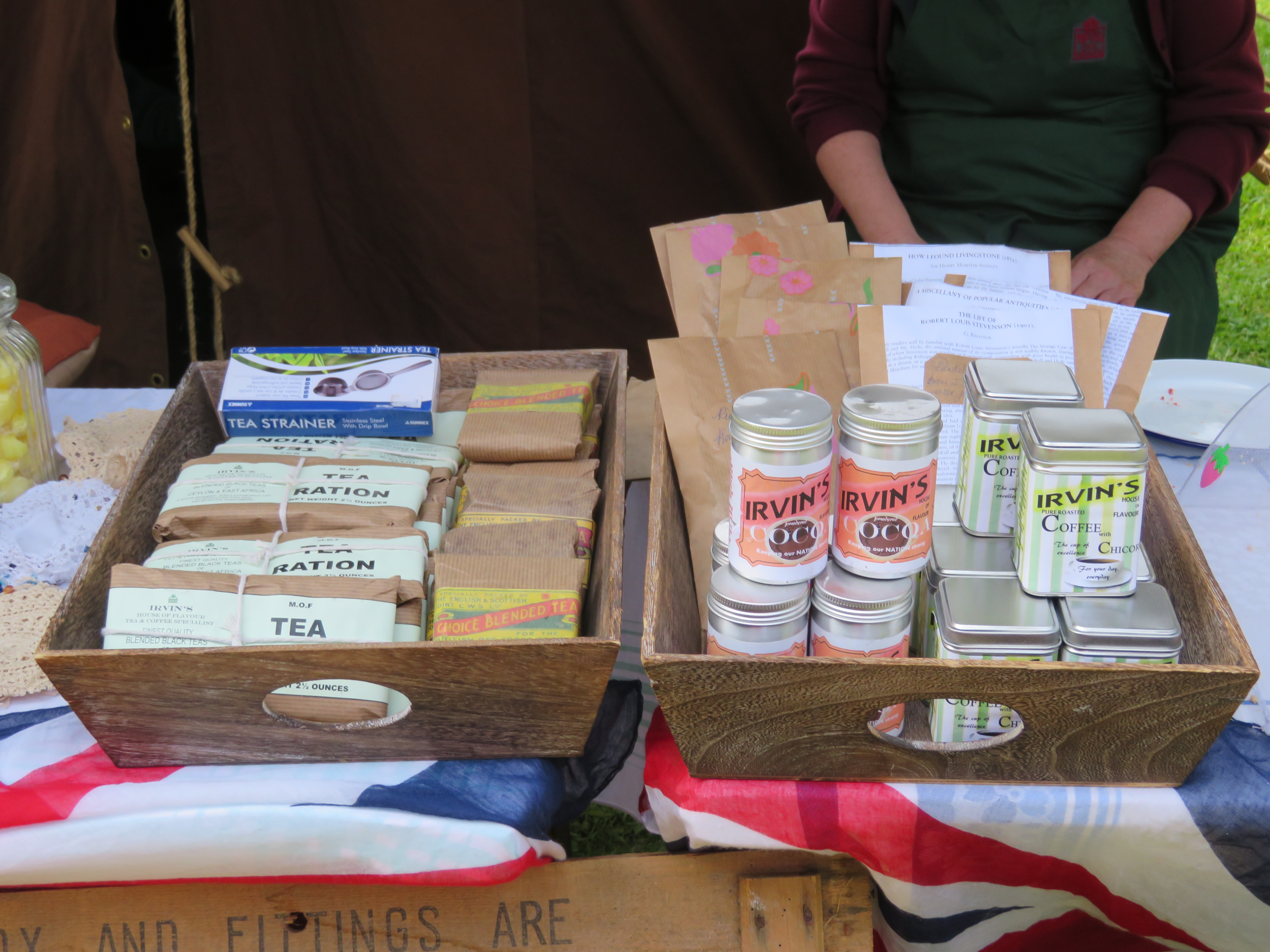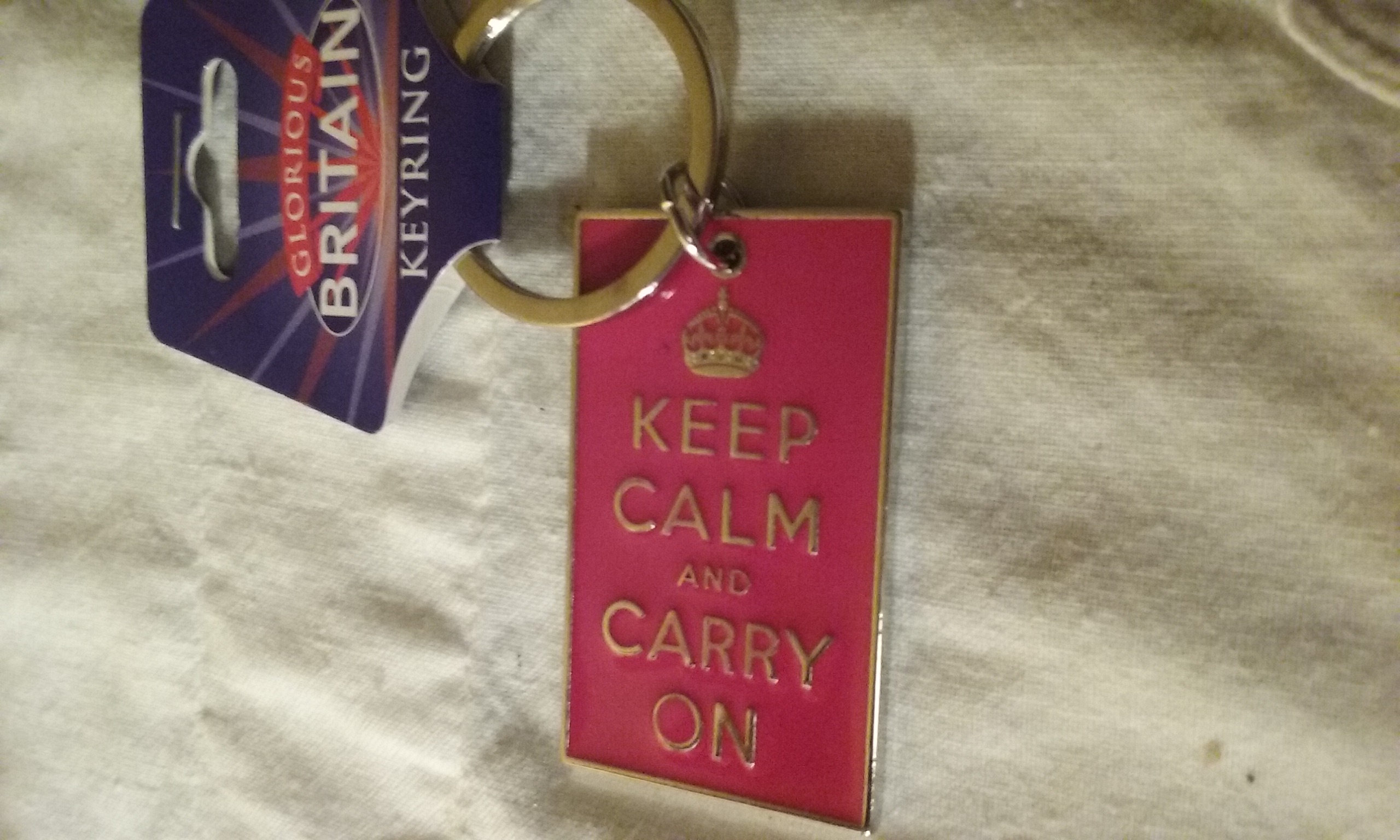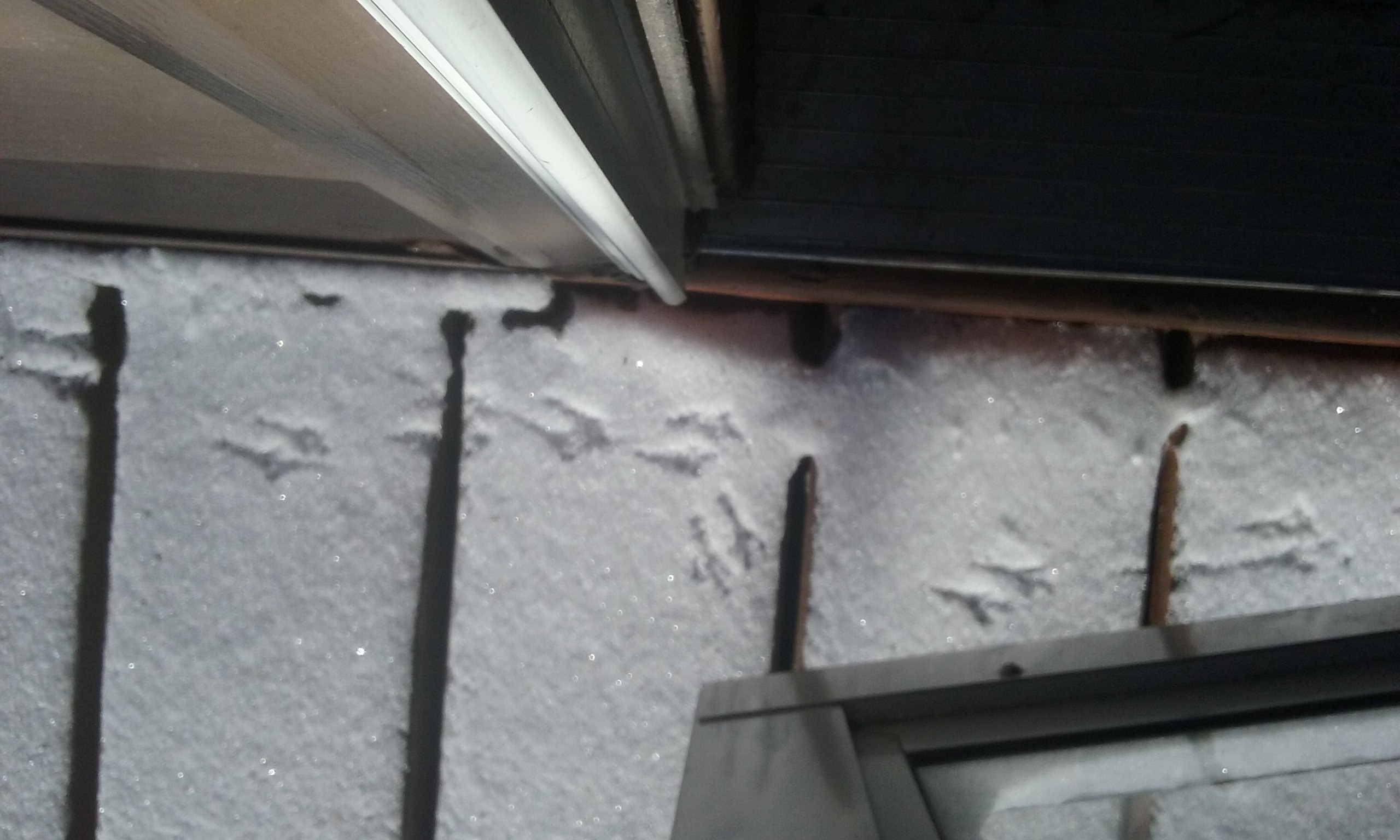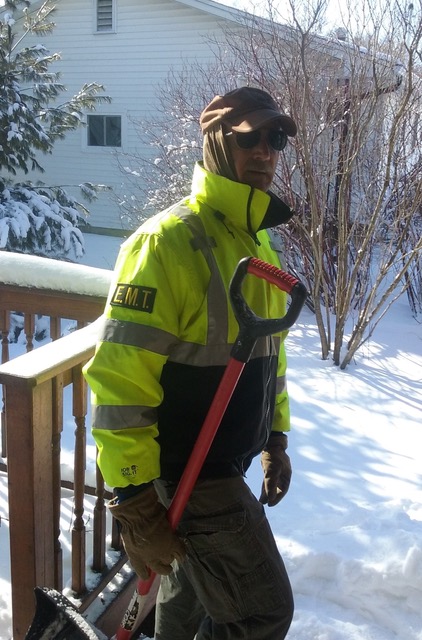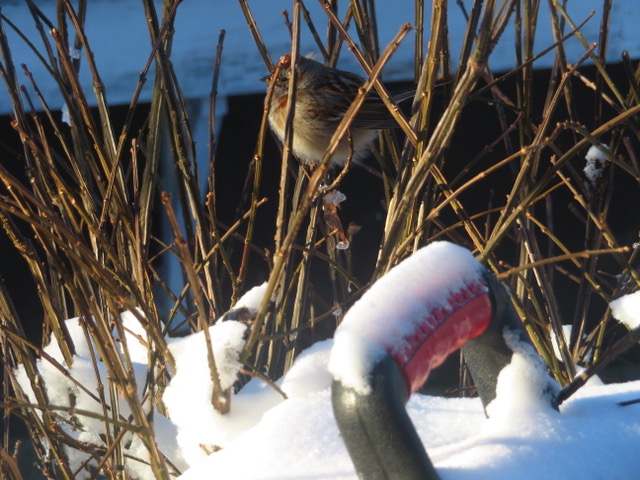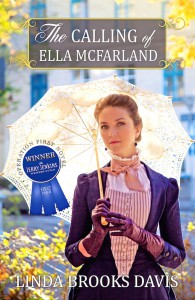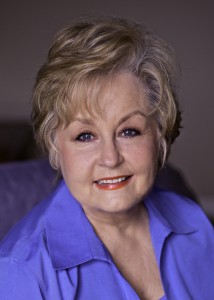A few weeks ago, I met Hannah Wingert at the Preston, MN library and learned that besides being a mother of four and working at the library, she’s written a book published last year. After reading this non-fiction wealth of encouragement for those navigating debilitating illnesses, especially during their parenting years, I’m astounded Hannah found the time and energy to devote to writing.
Her story and suggestions about living with the emotional and physical challenges of chronic illness most likely have something to say to just about any reader, whether in their parenting years or not. I know I could relate as someone in recovery from a couple of accidents.
I learned a new term… Spoonie. Have some of you already heard of this? (Notice the spoons on the cover.)
Hannah agreed to an interview and is offering a paperback copy of her book, Yet Will I Praise Him to a commenter here. Perhaps her perspective ignites questions for you–please feel free to ask her, and also please share this post widely, as she desires to help as many readers as possible. Thanks!
Interview:
How is coping with a chronic disease different from other challenges you see people face?
It really isn’t. Most people face challenges at some point in their lives and the way we handle them boils down to “will I let this make me bitter or better?” The truths of God’s Word apply to all circumstances and struggles.
How did you decide your book would focus on moms?
After receiving my diagnosis of EDS, I decided to look for a book about being a mom with a chronic illness from a faith based perspective to help me deal with my new reality, but couldn’t find any. So, I decided to write one because I figured that if I was looking for something like that, other moms might be too.
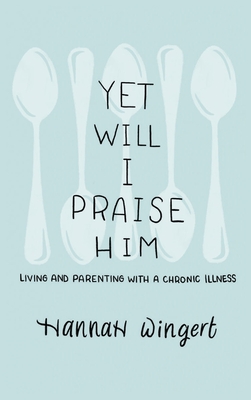
What is the most practical, helpful daily advice you have been given along the way?
Honestly, I don’t even remember who told me this, but the most helpful advice I ever received was to take one step at a time and just get through the next thing in front of you. It’s easy to get overwhelmed and anxious about what’s coming, or the unknowns, or even how much I have on my to-do list and how little energy I have to accomplish it.
But if I focus on just getting through that difficult, pain-filled day, or that first thing on my to-do list, I can keep from falling apart. Shortly after someone gave me that advice, I happened to read Matthew 6 and the last verse in that chapter (verse 34) says “Therefore do not worry about tomorrow, for tomorrow will worry about its own things. Sufficient for the day is its own trouble.” It cemented for me how good that advice really was!
What would you say to someone who has just discovered they have a long road ahead of dealing w/a chronic illness?
Allow yourself to go through the stages of grief. Learn as much as you can about your condition because often patients have to be the experts when the doctors are not. Connect with others going through similar struggles for support and give yourself grace on those bad days.
What is it about chai lattes that has you hooked?
I’ve never liked coffee so quite a few years ago, when I was at a coffee shop with my mom, she urged me to try a chai latte. I took one sip and was hooked! Some people have to have their coffee everyday, but for me it’s a chai latte.
The link to purchase Hannah’s book: https://www.amazon.com/Yet-Will-Praise-Him-Parenting/dp/1649600119
